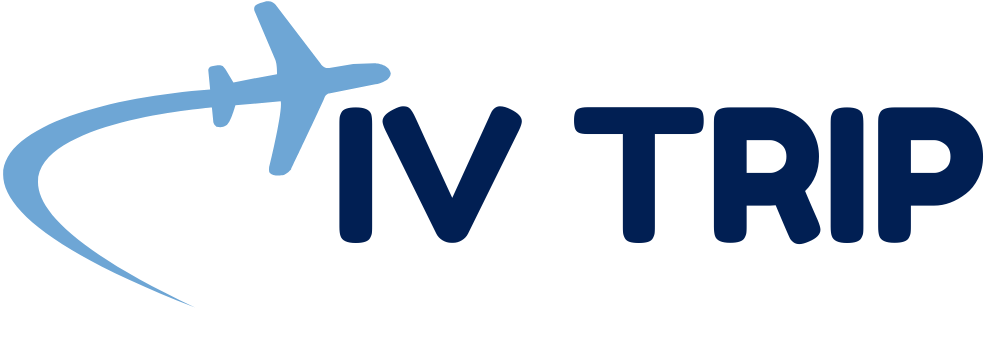Best Hotel Booking System by IV Trip

Nowadays, people’s travel rates are relatively high, therefore, a good hotel booking system is crucial for travel agents and hotels. A hotel booking system optimizes the process and procedures of booking the hotel and helps manage reservations and customer relations.
IV Trip is a leading travel software solutions company that offers bespoke solutions that allow travel agencies to make perfect hotel bookings effortlessly. Now let us discuss what a hotel booking system is and its core aspects, how it functions, and why its incorporation into a travel company is obligatory.
What is a Hotel Booking System?
A hotel booking system therefore refers to the system used by either a single hotel or a chain of hotels to offer services in the accommodation industry to as many customers as possible.
Hotel booking systems refer to website-based solutions that enable user searches for hotels and rooms and their comparison of prices and booking of these rooms in real-time. The system also saves on customers needing to book rooms, as they can do so at their discretion at any time and from any place they deem fit. They communicate with the hotel property management system (PMS) to get the availability, rates, and booking confirmation in real-time.
For the agents of travel companies, the hotel booking system is indispensable because it enables agents to query a range of hotels, understand availability, and make efficient bookings for clients.
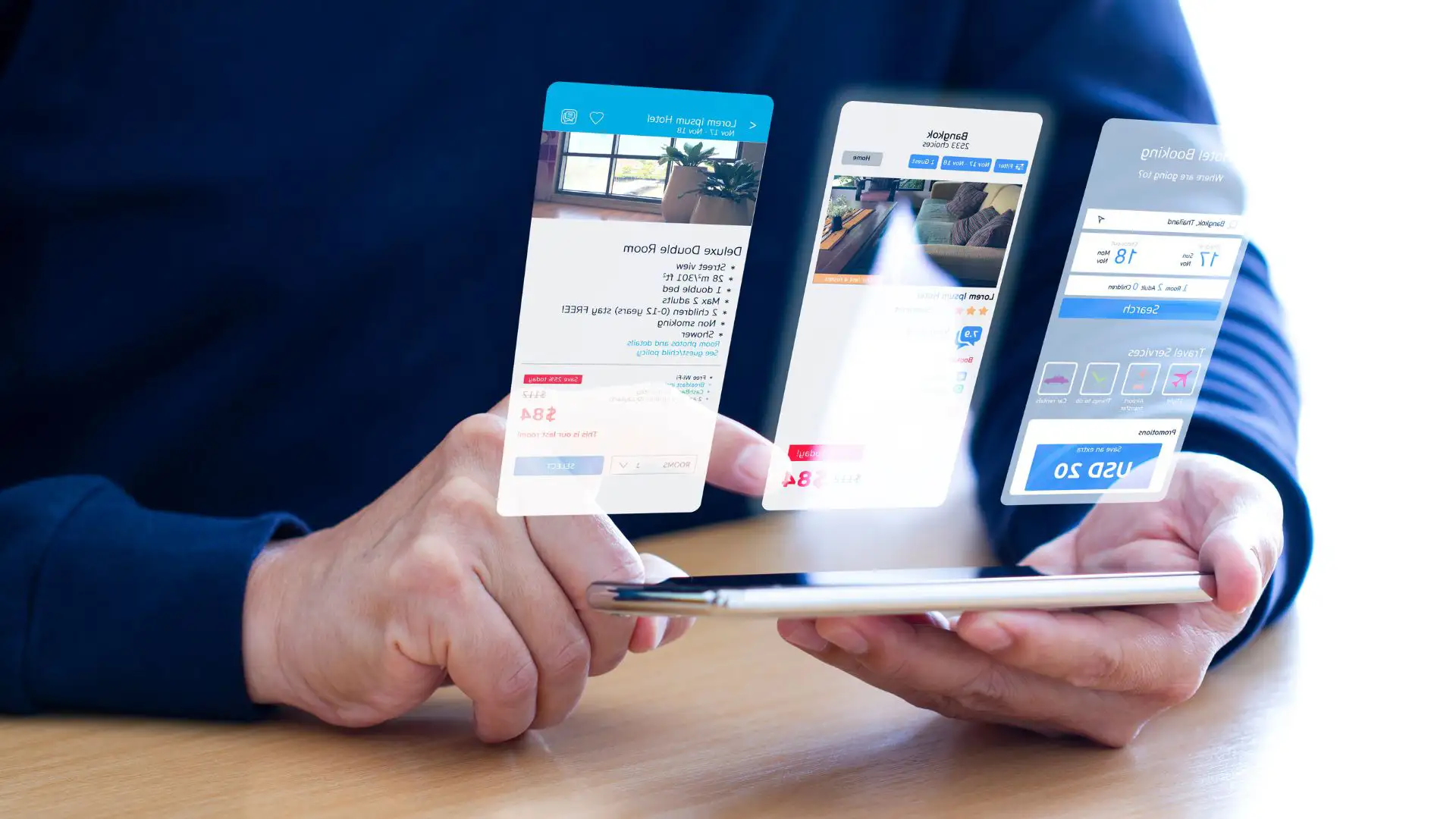
Features of a Hotel Booking System
A robust hotel booking system should come equipped with features that enhance both the customer and travel agency experience. Some of the key features include:
Easy-to-Use Interface
IV Trips’ simple interface design ensures even non-technical users can navigate easily. The efficient booking process minimizes glitches and enhances guest experiences.
Up-to-the-Minute Availability
With hourly, daily, weekly, and monthly updates, the system eliminates double bookings and overbookings, ensuring higher customer satisfaction and loyalty.
All-in-One Booking Engine
The booking engine integrates seamlessly with websites, supporting multiple languages and currencies, making it ideal for international guests.
Smart Pricing and Promos
The system allows hoteliers to adjust prices based on demand and other factors and supports discount promo codes to boost occupancy rates.
One-Stop Reservation Management
Centralized management of reservations from all channels—website, phone, physical visits, and OTAs—ensures no bookings are overlooked, enhancing efficiency and guest satisfaction.
Hotel Booking System: Solutions
Time-Consuming Manual Work: IV Trip is full of all these features that will take the time and effort to load the contract, and it will reduce drastically.
Complex Policy Management: IV Trip offers policy management, and you can be able to manage your hotel policies like check-in/check-out policies, cancellation policies, taxes, and child policies to ensure that you are legal with hotel policies.
Rate Management Challenges: IV Trip enables travel agents and tour operators to work with supplier costs as well as customer prices with different markups. This flexibility is important to become more competitive with other travel markets and businesses.
Inventory Control: Assign usable rooms and ensure records indicate the status. IV Trip also handles inventory, so you never overbook or run into the issue of lack of stock in your business.
Booking Rules and Policies: A high level of flexibility and policies focusing on customer needs while searching for means of profitability are the most crucial factors when it comes to booking rules and policies. IV Trip helps travel businesses effectively implement and enforce such rules successfully.
What to Consider When Choosing a Hotel Booking System
There are many hotel reservation and restaurant management systems available in the market, hence making it a difficult task to know which one to use. Not all the available software is friendly and effective, so, you need to make a proper analysis of different options. Here are some essential tips to help you choose the best hotel reservation system, which also apply to restaurant management systems:
Flexible Rate Planning: Make certain the system facilitates flexible rate planning to accommodate various pricing targets.
Inventory Management: An effective inventory manager is important in avoiding overbooking, as it is vital for the sustainability of a business.
Multilingual Support: Another requirement of the system is that it should accommodate languages from different parts of the world to be able to accommodate different clients.
Payment Processing: Ensure that the system’s payment methods are safe and flexible enough to meet the anticipated usage.
Reservation Efficiency: The major role of the system should be to manage the bookings competently and efficiently.
Ease of Implementation: The system should be easy to use and seamless across all formats and on all types of devices.
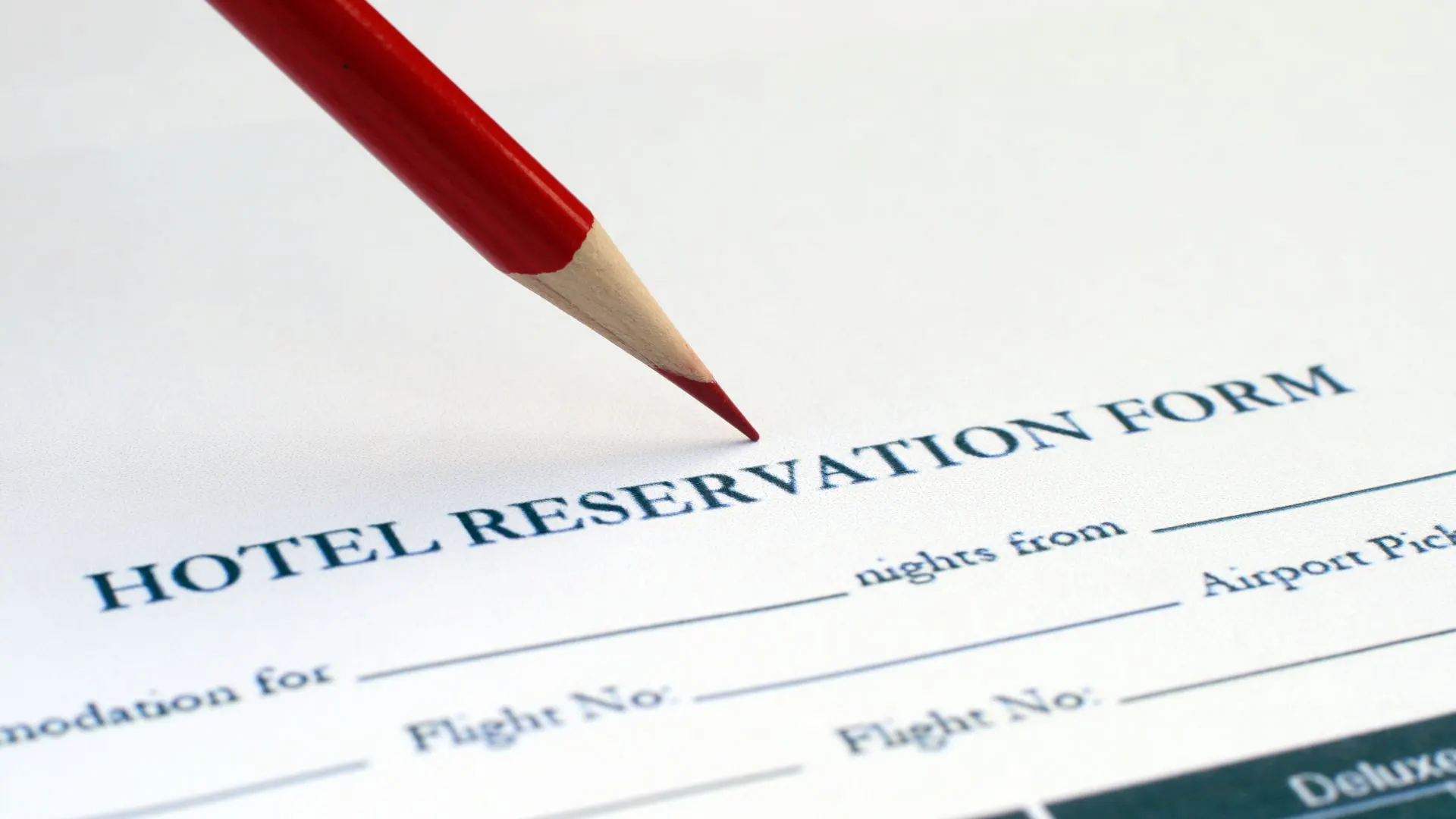
How a Hotel Booking System Works
In general terms, hotel reservation systems help to allow the guests to book the dates of their stay depending on the availability that is displayed in real-time rates and inventory across all the channels, as well as to finalize their reservation through an online payment gateway.
Just as soon as you finish with your transaction, your property management system (PMS) will be updated, and using a channel manager, all your hotel listings on reservation sites will also be updated. Below is a simple step-by-step process of how a hotel reservation system usually works:
Step 1: Guests input headcount and stay dates
Guests type in the number of visitors and the check-in and check-out dates in the calendar of the system, which can be a potential guest.
Step 2: The organizational system verifies if the room is available
It verifies the availability of the rooms in that particular hotel as well as the date of check-in and check-out, then displays the available rates at the time of searching for the rooms.
Step 3: Guests complete their booking
They make their reservations by inputting data such as the type of room they would like to be assigned to, and their identity details, among others, into the system. It can also include requests such as requesting a room with a view or at a given area, and the system will alert the hotel about it.
Step 4: System reaffirms and synchronizes with other applications
The confirmation is made by the system, and the availability of the rooms is posted in the hotel’s Property Management System. It also creates a confirmation number, which may be sent automatically to the guest through an email.
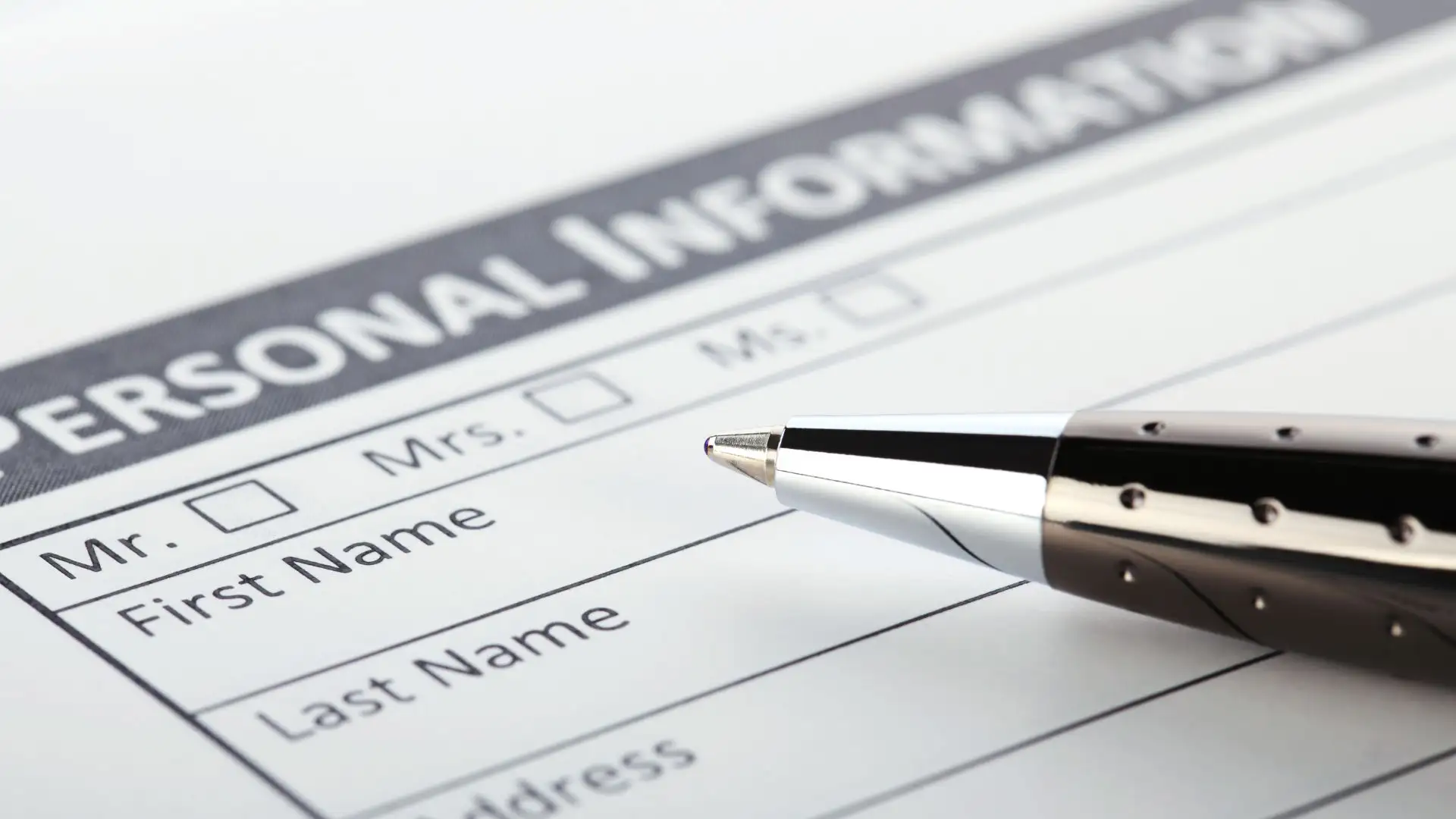
Benefits of a Hotel Booking System
– 24/7 Availability: The customer has the advantage of being able to book hotels anytime, whether within business hours or not.
– Increased Efficiency: This can be easily handled by travel agents as they can attend to many bookings simultaneously, which cuts down the time it would have taken them to do many bookings manually.
– Reduced Errors: This reduces situations where mistakes like overbooking may occur as a result of auto-update of availability and instant confirmation.
– Better Customer Experience: Customers gain in the sense that they get other overlying services as they get compared to the directly laid and the extra opportunity of getting to other hotels that might fit their needs.
– Enhanced Business Insights: Indeed, reporting and analytics are vital here as the agency gets an opportunity to know the needs of customers and their booking preferences.
– Cost Savings: This feature assists travel agencies in running their businesses smoothly and without much intervention from people, which reduces their costs.
Information Needed to Book a Hotel
To complete a hotel booking system, several pieces of information are required, including:
– Guest Name: The name of the person(s) staying at the hotel.
– Check-In and Check-Out Dates: The specific dates the guest will be staying.
– Room Type: The preferred room type, whether it’s a single, double, suite, etc.
– Payment Information: Credit card details or other payment methods to secure the booking.
– Special Requests: Any additional requests such as extra beds, airport transfers, or late check-outs.
In addition, when implementing a hotel booking system, it’s important to regularly update and maintain the system to ensure it runs smoothly. Regular training for your staff on how to use the system effectively is also crucial to maximizing its potential. Additionally, consider feedback from customers to make ongoing improvements and stay competitive in the evolving travel industry.
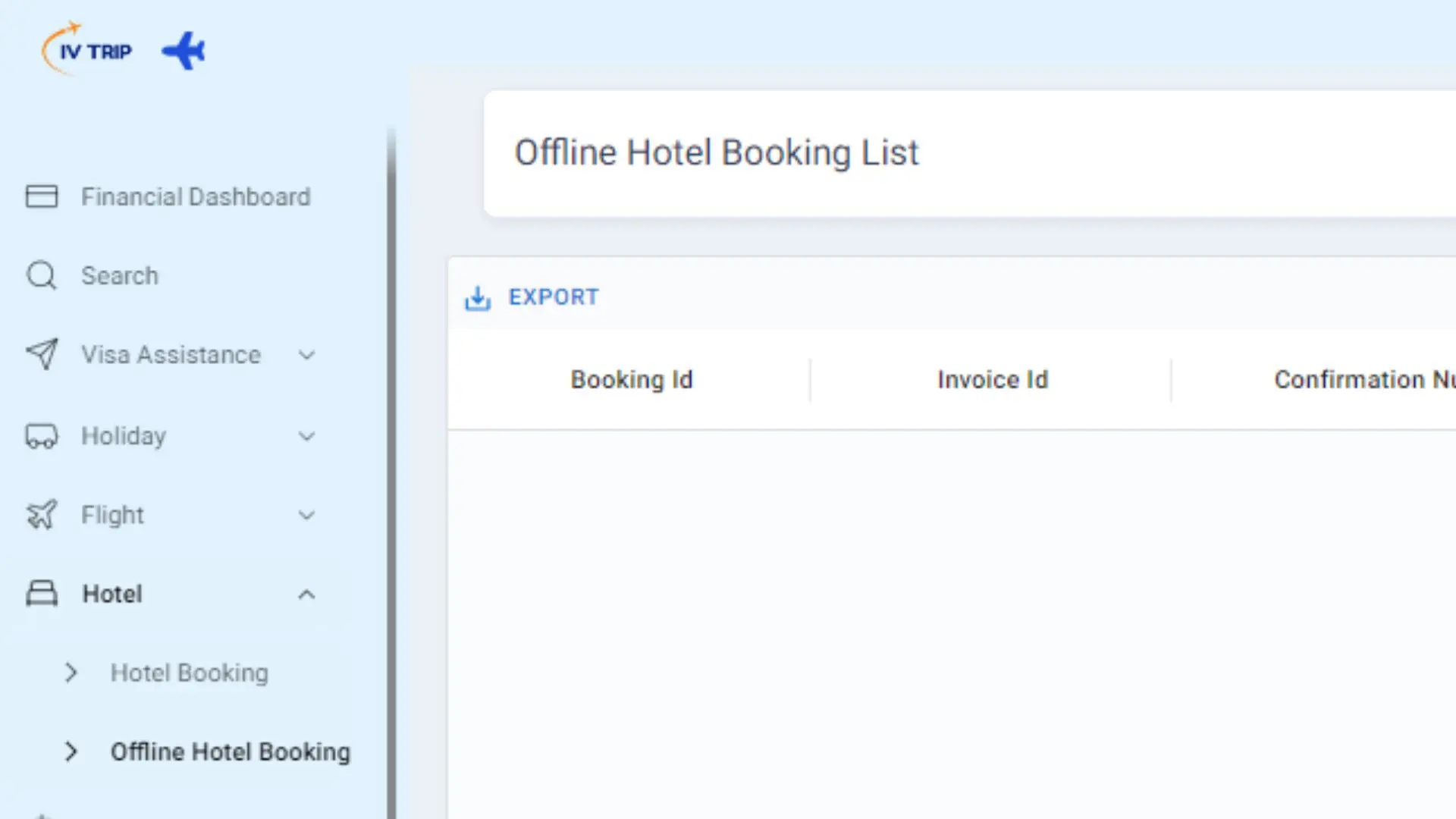
FAQs
How does IV Trip use to manage a a user-friendly hotel booking system?
The presented system’s main advantages include the simplicity of its interface, which allows individuals without advanced IT skills to work on it. The simple process of making bookings reduces the number of mistakes and makes them easier to use.
How does the real-time availability feature work?
The system allows you to track the current status of rooms and, thus, avoid situations when bookings are mistaken and several guests use the same room.
Can the booking engine handle international guests?
Yes, it does. The booking engine supports multiple languages and currencies, making it suitable for international clients.
How does dynamic pricing work, and what advantages does my hotel stand to gain?
Flexible pricing means that you may change the price of rooms depending on availability, dates, and other occurrences. This strategy can also optimize total revenues by ensuring that prices reflect a range of market factors.
In what way are the discount promo codes implemented in it?
Instead, hoteliers can develop and control an improved discount promo code that can make it easy to provide more offers and increase the number of customers, increasing occupancy and income.
What use does the centralized reservation management system serve?
It consolidates bookings from all sources into a single dashboard, simplifying management and ensuring every booking is noticed.
What are the benefits of automated confirmations and reminders?
Confirmations and reminders save time and decrease the number of unfulfilled reservations, showing guests are informed and ready.
What makes the CRM system valuable to guest relationships?
The unified CRM system automates guests’ preferences, stay history, and feedback, fostering personalized marketing and high guest satisfaction.
What kind of reports are available with the help of this system?
It can produce various reports on bookings, revenues, rates of occupancy, and other related data. These insights enhance the accuracy of pricing models and make internal operations more effective.
Can the system be accessed and operated from mobile devices?
Yes, we have a mobile version of our hotel booking system so that users can book and manage their reservations on the move.
Hotel booking systems are therefore one of the most important resources in travel agencies and hospitality businesses. On the same note, it simplifies the booking process while improving the levels of customer satisfaction and offering crucial data on the same.
Being a leading name in travel software development, IV Trip provides an optimized solution in the form of a hotel booking management system.
